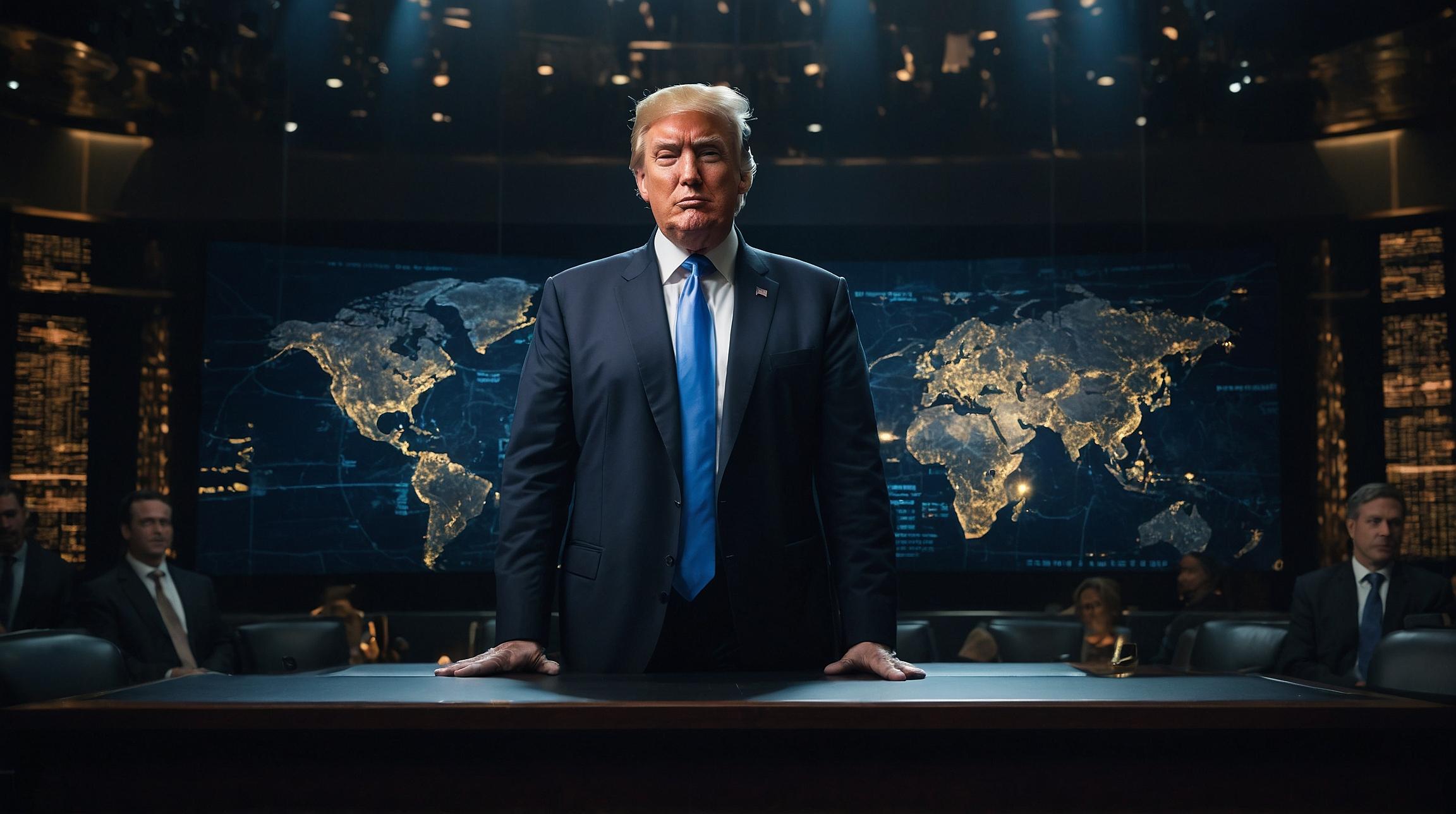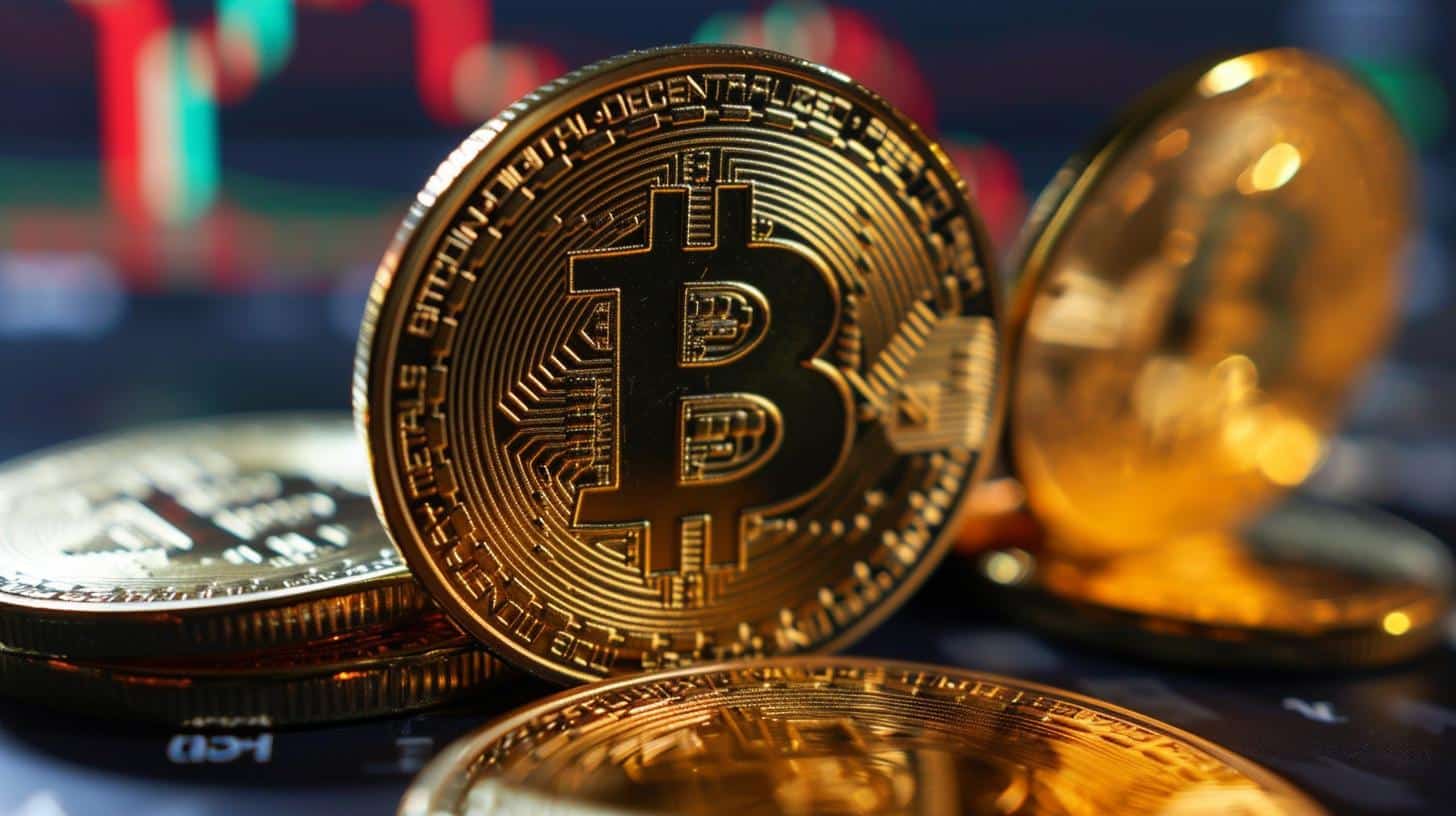Trump’s Upcoming Announcement on Cryptocurrency
Former President Donald Trump is set to announce the launch of World Liberty Financial, a new crypto platform managed by his sons, Donald Jr. and Eric, just 50 days before Election Day. This strategic timing raises questions about his priorities as he mixes personal business interests with his political campaign efforts.
The Significance of Cryptocurrency
Cryptocurrencies, like Bitcoin, are forms of digital money that operate independently of traditional global banking systems. These digital currencies are traded online, usually through marketplaces that facilitate exchanges between cryptocurrencies and traditional currencies like the U.S. dollar, often charging a fee for these transactions. Simply put, cryptocurrencies allow for financial transactions over the internet without involving banks.
Trump’s Shift in Stance on Crypto
Despite opposing cryptocurrency during his presidency, Trump has shown a change of heart. He now advocates for the U.S. to become a global leader in the crypto space, even proposing a strategic reserve of Bitcoin. Additionally, he opposes the establishment of a Federal Reserve Central Bank Digital Currency, indicating a shift towards promoting decentralized financial systems.
Political Implications and Concerns
Trump’s plan to promote his family’s crypto business as part of his presidential campaign has sparked concerns. By potentially leveraging federal support for a business tied to his family, Trump blurs the line between personal gain and political strategy. His promise to transform the U.S. into the "crypto capital of the planet" may appeal to pro-crypto voters but also raises ethical questions about using campaign time for business promotion.
Connecting with Voters through Technology
Trump’s decision to discuss this on X, an online social media platform, demonstrates his intent to engage with the tech-savvy electorate. As more people become interested in digital currencies, his alignment with the crypto movement could enhance his appeal, particularly among younger voters who are more inclined to embrace new financial technologies.













